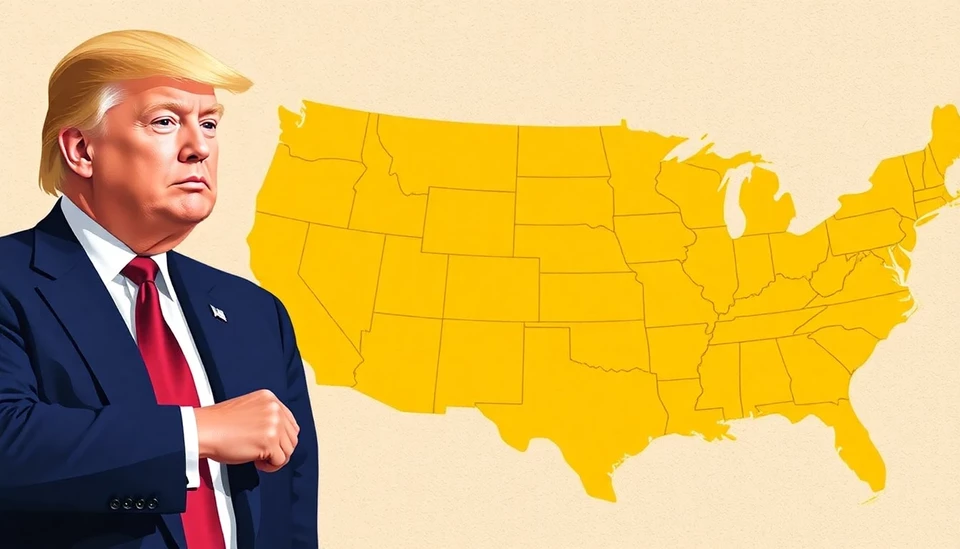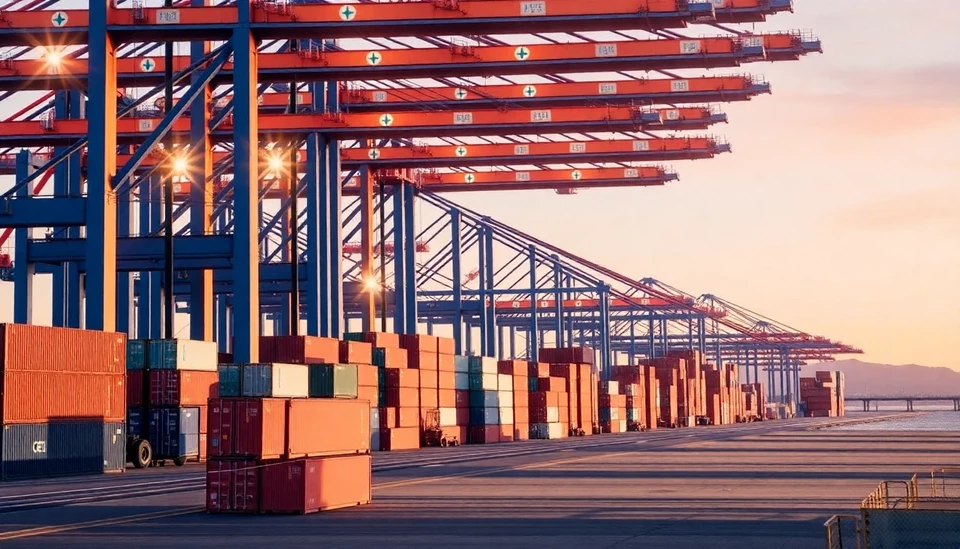
The U.S. economy is facing a significant shift as the federal government tightens tariff regulations, effectively closing loopholes that previously allowed companies to import goods at lower costs. This abrupt change is expected to have a profound impact on the livelihoods of low-income households across the nation.
In recent legislative moves, the Biden administration has aimed to reinforce economic policies that favor domestic production while penalizing overseas imports. A primary target of these new regulations has been the tariff loopholes that businesses have used to avoid paying higher tariffs on various goods. These loopholes allowed certain products to slip through tariff increases intended to protect U.S. industries.
One of the most concerning aspects of this regulatory change is its potential effect on consumer pricing. Experts predict that the closure of these loopholes will lead to an increase in prices for everyday necessities, particularly affecting lower-income families. With costs on basic goods already rising, this new wave of tariffs is likely to exacerbate the struggle of families trying to make ends meet.
Economic analysts have noted that while the goal of the tariff increases is to stimulate domestic job growth and reduce reliance on foreign goods, the implementation has not been without its challenges. The sudden rise in costs could lead to inflationary pressures, which disproportionately affect those on fixed incomes or with lower wages.
Moreover, small businesses that rely on importing goods at lower tariffs to maintain competitive pricing are also at risk. Many of these small enterprises operate on thin margins, and any increase in costs could lead to necessary price hikes or even business closures. The ripple effects of these changes could result in job losses and further economic strain on local communities that depend on these businesses for employment.
Community organizations are gearing up to address these issues, calling for expanded support programs to help low-income families adjust to the financial fallout from these policy changes. Advocacy groups are pleading for a careful reevaluation of tariff impacts, urging lawmakers to consider the broad implications on family budgets and local economies.
As the regulation takes effect, experts will be watching closely to see how these changes will influence consumer behavior and the overall economic landscape. The overarching concern remains centered on ensuring that the goal of protecting domestic industries does not come at an unsustainable cost to the very families that these policies aim to support.
In conclusion, as the landscape of the U.S. economy continues to evolve, it becomes crucial for both policymakers and communities to engage in meaningful dialogue to navigate the impacts of these tariff changes on the most vulnerable populations. The coming months will be critical in determining how these policies will influence the recovery and stability of low-income households across the country.
#TariffChanges #USEconomy #LowIncomeImpact #ConsumerPrices #BidenAdministration #EconomicPolicy #JobGrowth #Inflation #SupportPrograms
Author: Laura Mitchell

